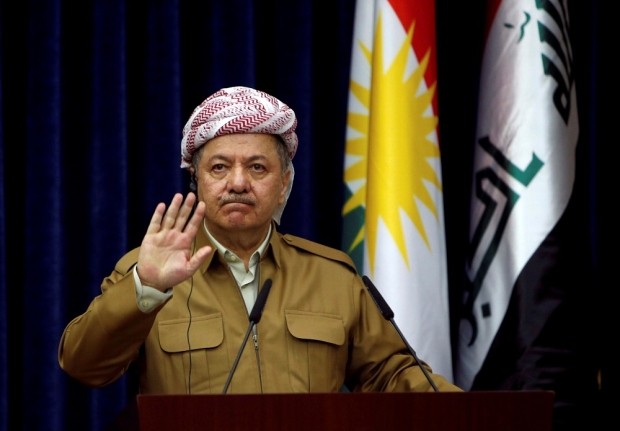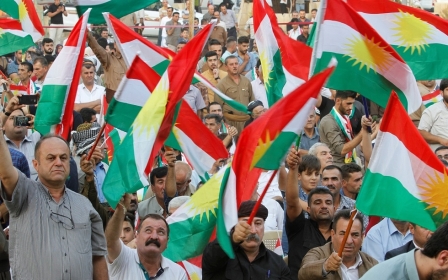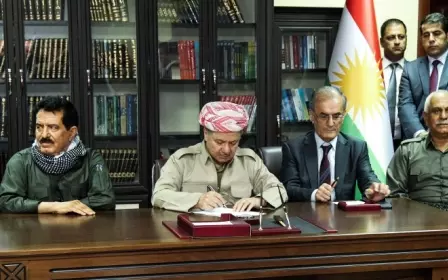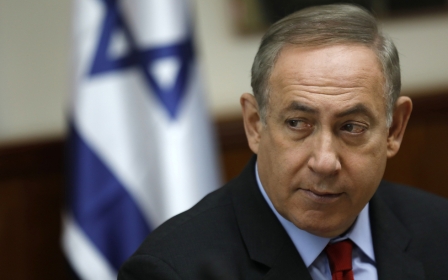Iraqi MPs vote to sack Kirkuk governor as Kurdish referendum nears
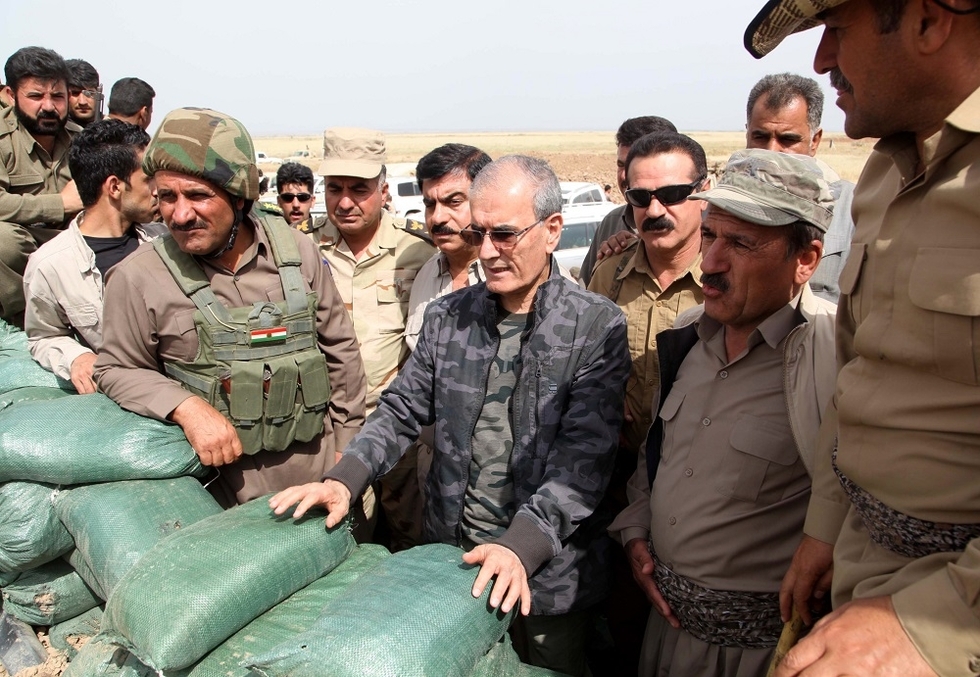
Iraq's national parliament on Thursday voted to remove the governor of Kirkuk, as the Kurdish-controlled province prepared to vote on breaking away to form part of a new independent Kurdish state.
The vote, called by Prime Minister Haider al-Abadi, was the latest sign of increased pressure being applied to scrap the vote on independence in northern Iraq's Kurdish region on 25 September.
No reason was cited for Abadi's request, according to the Rudaw news site which stated the governor, Najmaldin Karim, was a backer of the impending independence referendum. Kurdish MPs abstained from the vote.
The Baghdad parliament is about to remove Dr Najmaldin. But we do not listen to them or care
- Massoud Barzani, KRG president
Karim said: "I will stay in office. The referendum will go ahead as planned."
The oil-rich Kirkuk region is multi-ethnic but was liberated from the Islamic State (IS) group by Kurdish Peshmerga forces, who have since controlled the provincial capital despite it lying outside the borders of the Kurdistan Regional Government. Who controls the territory has long been a flashpoint.
Massoud Barzani, the president of the KRG, was dismissive of Baghdad's attempt to remove the governor.
"The Baghdad parliament is about to remove Dr Najmaldin. But we do not listen to them or care," Barzani was quoted as saying.
Later on Thursday, the KRG said it had received an offer from UN, US and UK representatives for an "alternative" plan to the referendum. Barzani said the offer would be considered and a response would be forthcoming.
KRG parliament session postponed
Tensions were also peaking within the Kurdistan region itself. A special session of Iraqi Kurdistan's parliament, set to meet for the first time in two years, had to be postponed due to "legal process". The main topic on the agenda is the referendum.
Barzani's KDP party and the Jalal Talabani-led PUK party asked for an extraordinary session of parliament, ostensibly to put on a united face and back the referendum on independence and self-determination.
Gorran, the KDP's main rival currently, has been behind parliament's inability to convene for the last two years.
It wasn't clear whether Gorran members would attend Friday's special session but local media said the postponement was at Gorran's request.
Meanwhile, the KRG's regional neighbours Iran and Turkey ramped up warnings for the referendum to be shelved.
On Thursday, The Turkish foreign ministry issued a statement saying there would be "consequences" if the referendum proceeded as planned on 25 September.
"We emphasise that the Northern Iraq Regional Government needs to consider that there will certainly be a price if it continues to insist on its approach towards the referendum despite all the friendly advice," the statement read.
The United States has called on Barzani to postpone the referendum given the current regional tensions, including the ongoing fight against IS in Iraq and Syria.
Barzani has to date refused to bow to the pressure and has insisted the vote will go ahead as planned.
The Kurdish region of northern Iraq has effectively been a self-administered region since a no-fly zone was imposed during the first Gulf war in 1991.
After a vicious five-year civil war broke out in 1994 between the KDP and PUK, both sides eventually reconciled and presented a common front in their efforts for autonomy from the central Baghdad government.
The KRG government in its current shape was established in 2005 and has a unified Peshmerga armed force under its command.
In June, Barzani announced a referendum to be held on 25 September where the region's people will decide whether they want independence from Iraq. The referendum will not take immediate effect whatever the result.
No date for secession from Iraq has been set in the case of a vote favouring independence.
New MEE newsletter: Jerusalem Dispatch
Sign up to get the latest insights and analysis on Israel-Palestine, alongside Turkey Unpacked and other MEE newsletters
Middle East Eye delivers independent and unrivalled coverage and analysis of the Middle East, North Africa and beyond. To learn more about republishing this content and the associated fees, please fill out this form. More about MEE can be found here.


